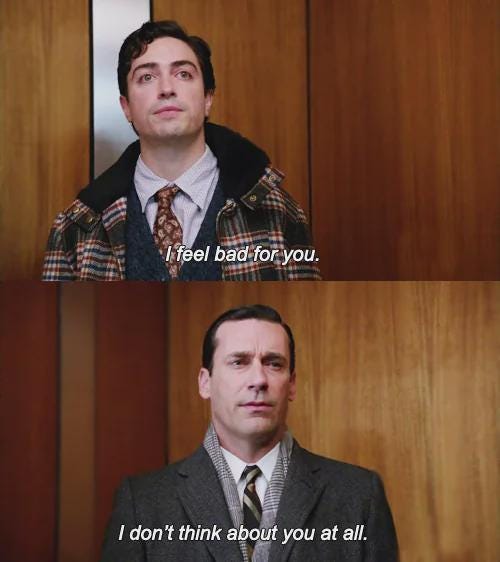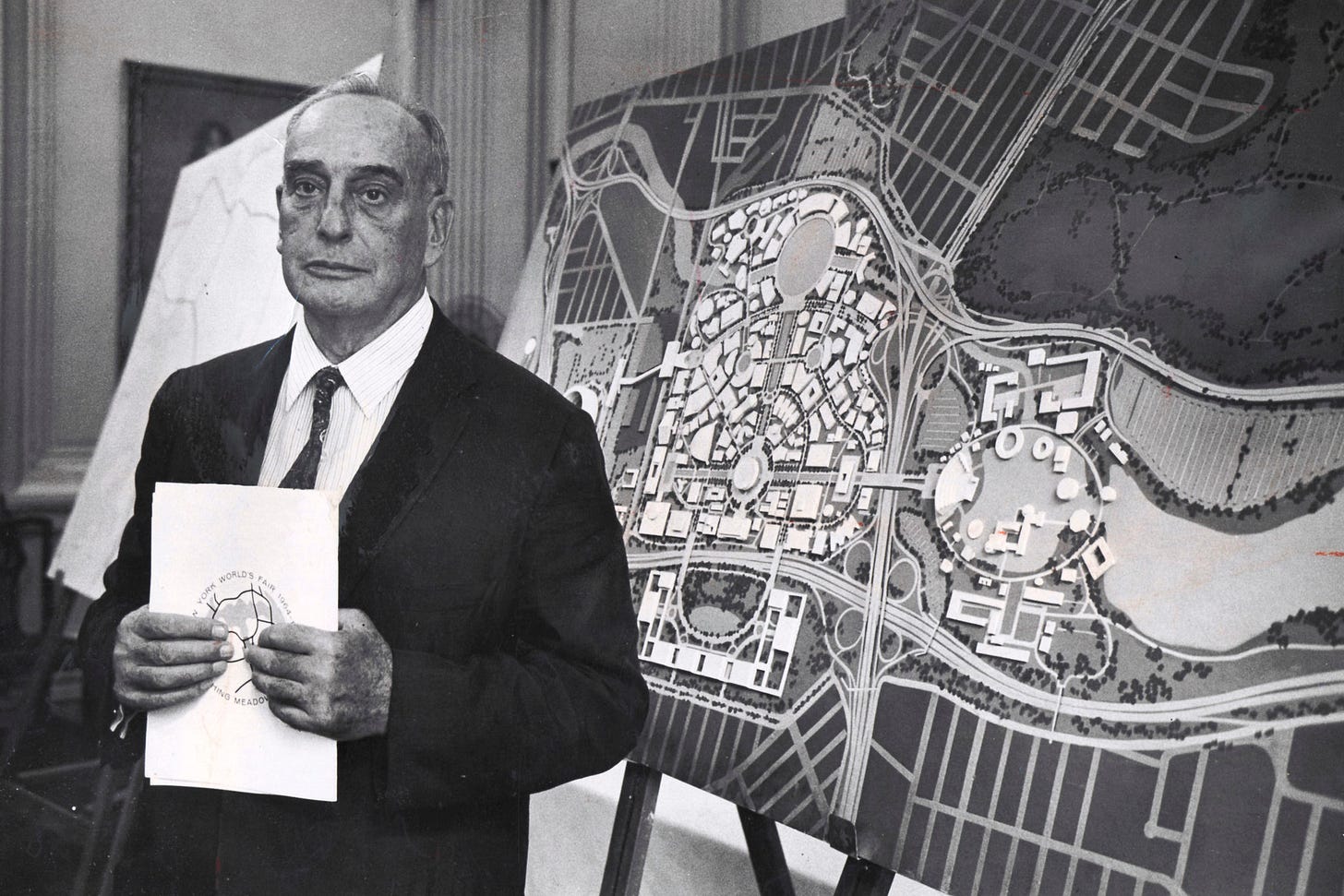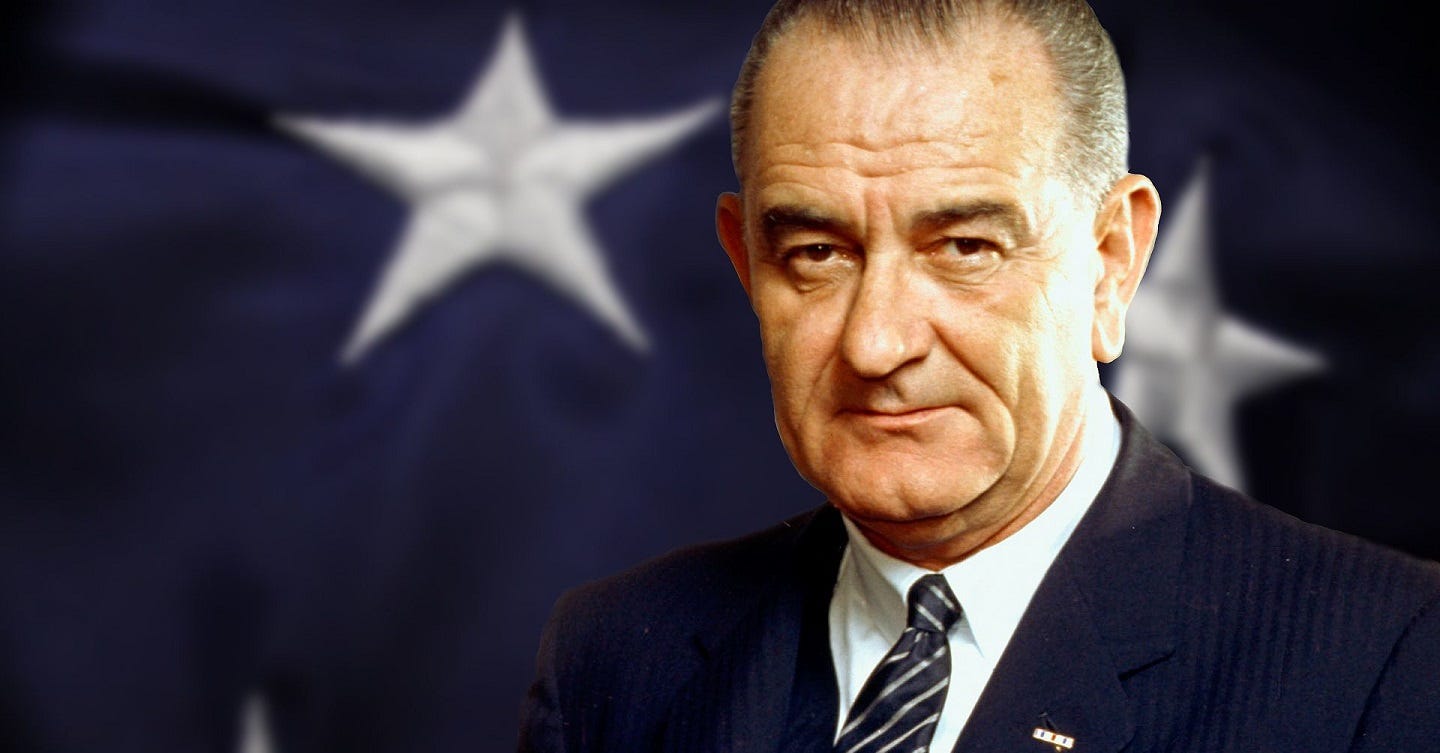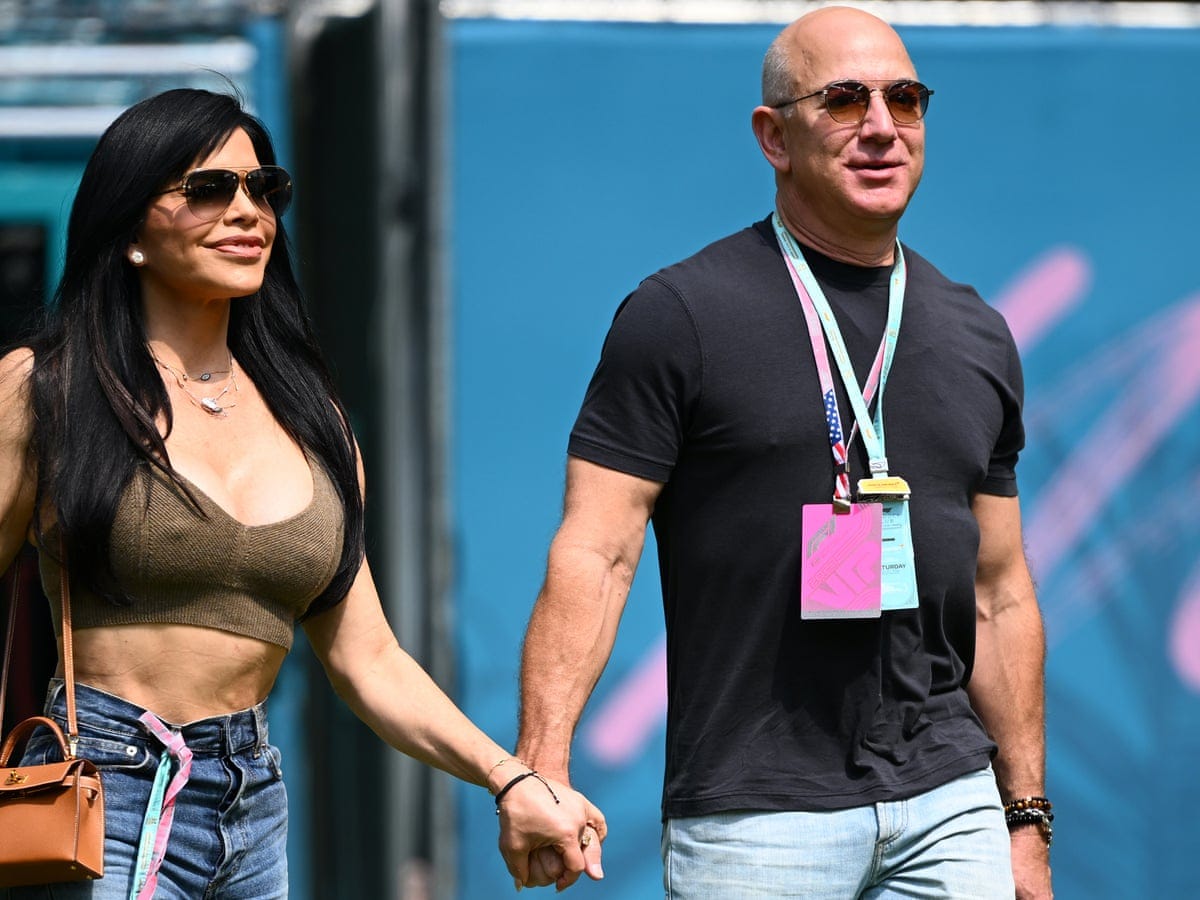Why Entitled People Win
The one habit of highly effective people
We’re deep into another Trumpian election season, and the country is choosing between an expansion of the welfare and administrative state on the one hand, and a post-truth mound of entertaining bullshit on the other. Bullshitting is, of course, a technical term. In his aptly titled On Bullshit, Harry Frankfurt describes the idea: “bullshitters seek to convey a certain impression of themselves without being concerned about whether anything at all is true.”1
Trump’s success is somewhat explained by a unique ability to unleash a torrent of entertaining bullshit on whichever audience is currently listening to him2. But it’s more tied to his entitlement, a characteristic he shares with every other successful founder, executive, and politician.
When I ask people about the successful founders and executives they’ve worked with, entitlement comes up again and again. So why do entitled people - and the organizations they run - keep winning?
Highly successful people have three traits, all of which are undermined by handwringing and uncertainty:
👁️A strongly opinionated vision
🤑 The resources to create that vision
💪 The will to apply those resources to create that vision
Successful operators are single-minded. They assume their worldview is the most correct. They collect every undefended resource that they encounter. Then they put every resources they control towards making things happen. At every stage, Entitlement helps minimize waffling and distractions.
Entitlement is often misunderstood as people wanting things they don’t deserve. But its strength is that it’s completely agnostic to who deserves what, just as bullshit is completely agnostic to what’s true. Entitled executives aren’t agonizing over whether or not their features should go in the roadmap, or if they should have a bigger budget, or if their solution is the best one for a customer. They’re just relentlessly executing.
You Can’t Play If You Don’t Win
Venkatesh Rao’s fantastic Gervais Principle series breaks us all into three categories3:
💵 At the top, Players, who build and hoard power
🧗Bellow them, Strivers, who fall for the illusion of the promotion ladder
🛼At the bottom, Coasters, who provide just enough value to not get fired
In a world filled with luck and imperfect information, Poker players measure their stack by how many hands it lets them play. The best strategy in the world loses if it run out of chips before the medium-term statistics can come into play. Corporate Players who “Think in Bets” feel entitled to a stack of chips. They hoard resources as a matter of course, minimize the personal consequences of failure, and maximize their upside when things go right4.
All culture at the VP-and-above level is built around fights for resources, credit, and consequences. There are positive-sum initiatives, but they rest on a foundation of zero-sum knife fights5. Some founders and VPs innately build and defend the biggest stack of resources they can. Others have their careers plateau, sitting on arguably good ideas that never get quite enough investment to come to fruition.
Building Stacks in Other Ways
Board-room knife fights are just one way of amassing resources. Robert Caro gives another technique employed by two of the most powerful men of the 20th century, LBJ and Robert Moses. Rather than chasing promotions in a hierarchy, both men reimagined stale institutions to created power seemingly out of thin air.
For decades, Moses ran New York City through an unelected shadow government composed of arcanely defined parks commissions, bond issuing agencies, and roads projects that were established by inscrutable legislation that only he understood - because he wrote the bills himself6.
As a junior congressman, LBJ took control of luncheons at the Congressional Aide Society turning it first into a network of fawning informants who fed him inside information, and then a shadow version of the congressional floor itself. Soon, every influential bill from either party was first tested out in a venue that he fully controlled.
Both men parlayed the power structures they created into more and more resources, resulting in the dismantling and disfigurement of New York’s minority neighborhoods on one hand, and the Civil Rights Act on the other.
In Defense of Obnoxious Aggression
Despite the success of books like “The No Asshole Rule”, every business failure I’ve seen could have been averted by a few judiciously applied assholes. Office cultures meant to protect psychological safety often forbid any and all emotional discomfort. “Radical Candor” provides a framework for understanding this problem:
Most failures happen in the top left, where very kind and well meaning people respectfully listen at quarterly OKR meetings as their plane respectfully flies directly into a very visible mountain.
The obnoxiously aggressive jerks at the bottom right, meanwhile, can pull the plane up in time. They would make people less airsick if they could deliver caring but direct feedback, but at least no one needs to update their resumes.
Imposing a Vision
Redirecting any large group of people takes a level of directness that often reads as excessively harsh to people awash with anxiety and uncertainty. Entitlement makes it easier to sit in other people’s discomfort when course correcting.
In 2002, Jeff Bezos famously sent a memo to all of Amazon engineering that went something like this:
1. All teams will henceforth expose their data and functionality through service interfaces.
2. Teams must communicate with each other through these interfaces.
3. There will be no other form of interprocess communication allowed: no direct linking, no direct reads of another team’s data store, no shared-memory model, no back-doors whatsoever. The only communication allowed is via service interface calls over the network.
4. It doesn’t matter what technology they use. HTTP, Corba, Pubsub, custom protocols — doesn’t matter.
5. All service interfaces, without exception, must be designed from the ground up to be externalizable. That is to say, the team must plan and design to be able to expose the interface to developers in the outside world. No exceptions.
6. Anyone who doesn’t do this will be fired.
7. Thank you; have a nice day!
This philosophy, which combined a service architecture with an org chart, allowed Amazon to efficiently grow like multi-cellular life does.
Where biological cells can freely act because they are wrapped in phospholipids and only communicate in specific ways through specific protein channels, Amazon teams could freely act because they were wrapped in disdain and only communicated through APIs.
This change directly lead to Amazon’s virtualization infrastructure, allowing them to invent the Cloud and undergird all growth in the tech sector for about two decades. The approach was later dubbed “microservices” and implemented poorly all over the tech world by Engineering VPs who didn’t understand the importance of Step 6.
Mark Zuckerberg’s lizard-person communication style is famous. Here he is back in 2011, trying to understand a human-person who keeps talking about human things7:
I guess my basic point is this: I get that your team has issues, so fix them and ship the app. I don't see why this should be so hard, and I don't think we should accept any excuses for not getting this done in a short period of time.
I will take ten thousand of those over a “looks good to me.”
Why Entitlement Wins
Successful organizations tend to be built around a person who has a strong vision of how the world should be, and who is mindlessly focused on amassing and bringing to bear the resources needed to create that world.
Most of the difficulty is in the cat herding, resource hoarding, and single-minded focus needed to keep a movement of any size headed in the same direction. A little entitlement makes it easier to do each of those things innately.
As Josh Johnson puts it, “deep down at the base of who he is, Trump is an entertainer,” not a debater.
Much to the chagrin of college educated types who think meaning is communicated through “facts” rather than “vibes.”
He actually calls us Sociopaths, Clueless, and Losers, labels that are too emotionally charged to have a short discussion about
What Rao calls “Heads I Win, Tails You Lose”
Rao refers to this as Powertalk, a consequential language where stacks change in value throughout each conversation.
The 99% Invisible Read Along of The Power Broker is phenomenal.
A personal example came from a C-level who gave me clear and easy-to-follow feedback on how to work with his team:
If you ever give work directly to one of my people like that again, I will break your fucking face.








